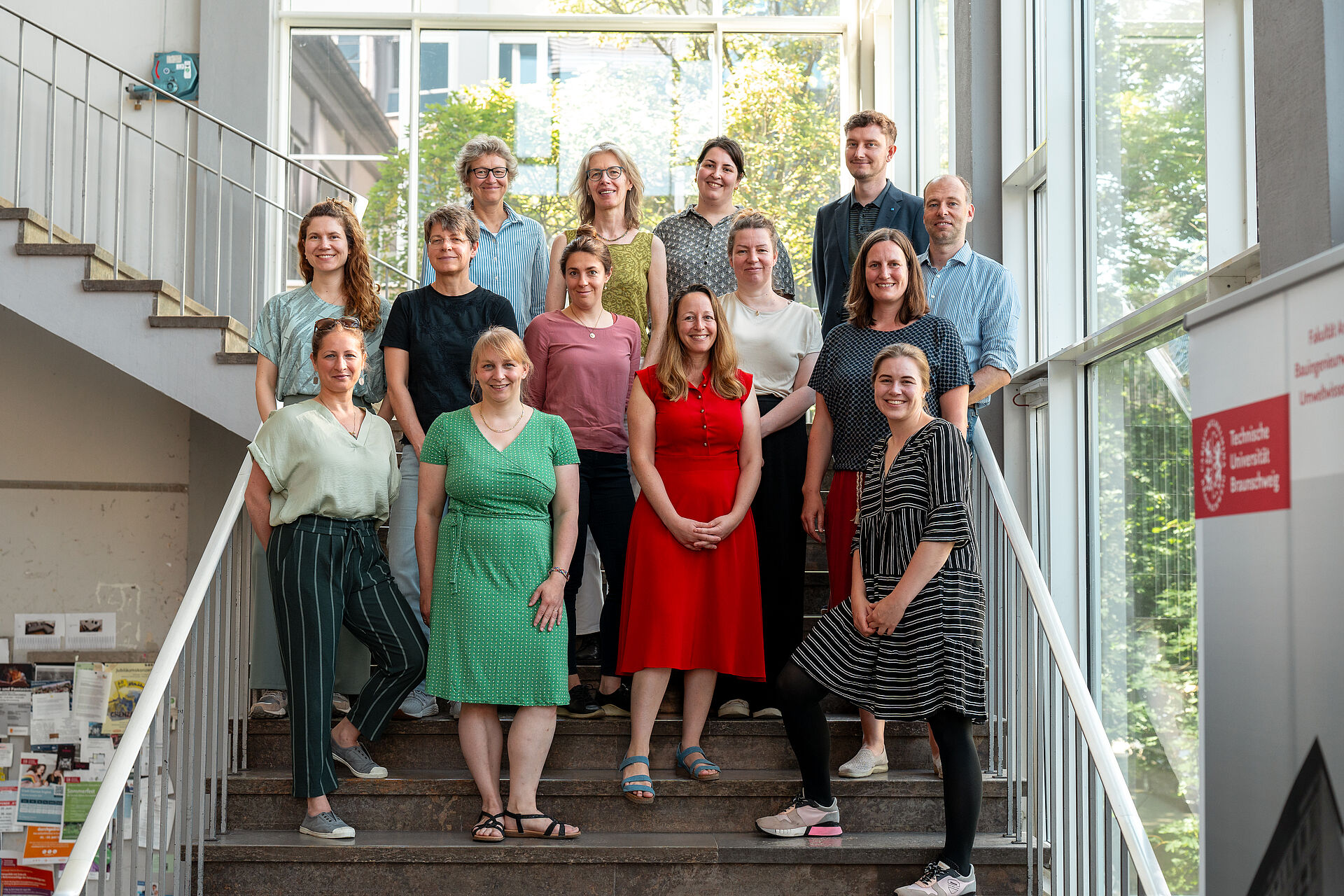The network was funded by the Deutsche Forschungsgemeinschaft (DFG) and brings together scientists from the research fields of science communication and science education to jointly create a basis for evidence-based science outreach (e.g. science communication projects in Collaborative Research Centers or Clusters of Excellence). A central goal of the network is the development of a framework model to capture the motivation for and effects of science outreach on target persons (e.g. pupils), but also on communicating scientists and their institutions.
The network aims to initiate further empirical research on science outreach and thus points the way to evidence-based practice.
From December 2 to December 4, the network met at the Leibniz-Institute for Science and Mathematics Education (IPN) in Kiel. The meeting was accompanied by two keynote lectures that provided excellent framing for our joint work: Prof. Martin Storksdiek (Oregon State University) spoke on "How do we know (how) it works? Challenges with research and evaluation of connected learning within STEM learning ecosystems," and Prof. Noah Weeth Feinstein (University of Wisconsin-Madison) addressed "Negotiating the Place of Science: Institutions & Appropriate Respect."
In the workshop, we presented various Science Outreach projects led by network members, worked on collaborative publications, and a shared interdisciplinary definition of Science Outreach (see above).
On 24 and 25 June 2024, we met for the first time at TU Braunschweig. Over two days, we worked on the common ground of our understanding of "science outreach" - and thus brought perspectives from research on science education and science communication closer together. Two scientific presentations by Bruce Lewenstein (on learning objectives for participants in informal learning contexts) and Ayelet Baram-Tsabari (on learning objectives of science communication trainings for scientists) framed the event through evidence-based frameworks.

Applicants:
Project number: 530597985
